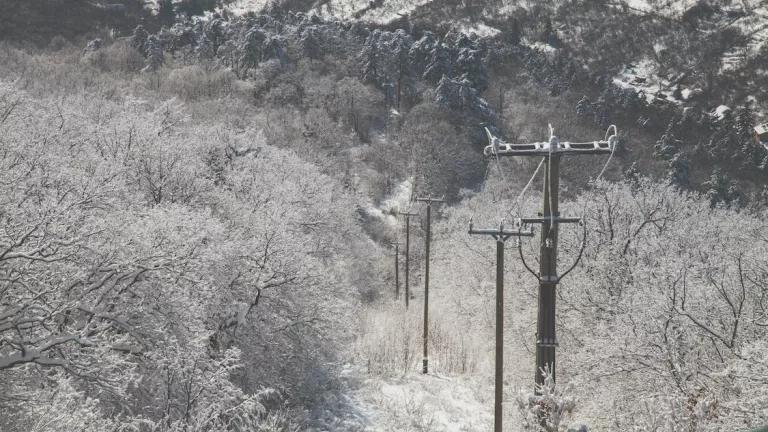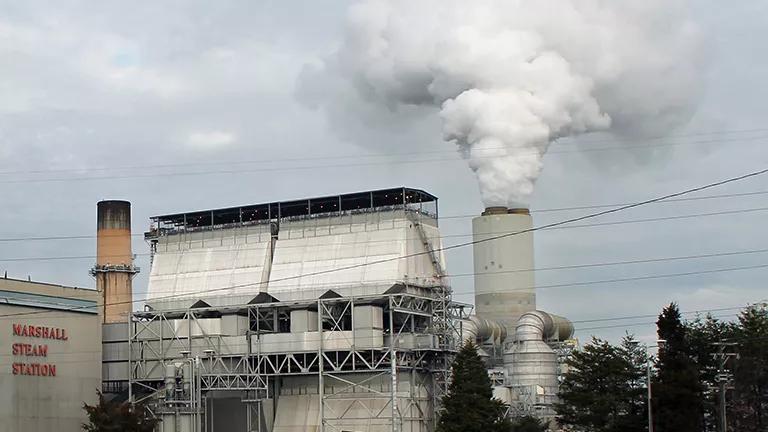Growing up in the Upstate area of South Carolina, my family and I oftentimes made the short trip to the Great Smoky Mountains, the most visited of all the national parks. We would play in the cool streams, hike on the trails, and gawk at the wildlife we encountered. Nearly 20 years later, I still recall fondly much of my time spent there. However, climate change could render those childhood memories a relic of the past for future generations and imperil the way of life for many in the Volunteer State.
The Sustainable Tennessee Organization, a group of researchers from Oak Ridge National Laboratory, state universities, and the state Department of Health, recently released a new report. It summarizes current research on the potential impacts of climate change on the people, communities, economy, and natural resources of Tennessee. Here are just a few of the group’s findings:
- The state’s major cities have warmed approximately 2°F since 1950.
- Extreme rainfall events have become more intense across the southeast U.S.
- Temperatures in the state are projected to rise 3°F to 5°F by mid-century and 5°F to 9°F by the end of the 21st century.
- Summertime precipitation may decrease by the end of the century with no corresponding increases in precipitation during the other seasons to compensate.
- Some types of extreme weather events such as extreme heat, heat waves, drought, and heavy rainfall are likely to increase.
As a result of these increases in temperature and changes in precipitation patterns, there are many potential impacts to the state.
Highways, railroads, and airports could be impacted by flooding and landslides—similar to what was experienced in Greater Nashville and Middle Tennessee during the May 2010 flood, which caused the loss of lives and billions of dollars in damages.
Other potential impacts include:
- Periodic droughts could affect water supplies by reducing groundwater levels, streamflow, and reservoir levels as well as increase water treatment needs due to poor water quality.
- Power generation capabilities could be lost due to a lack of sufficient cooling water, and long-term reductions in streamflow could reduce hydroelectric power capacity.
- Increases in water temperature would affect aquatic habitat and the reproduction of game fish like brook and rainbow trout.
- Extreme weather events could pose public health risks to those living on low-lying land and of low socioeconomic status.
- Increases in temperature coupled with precipitation changes could increase the risk of vector-, food-, and water-borne diseases, especially putting the elderly and children at risk.
According to our Ready or Not report, Tennessee is one of 29 states that has done very little or nothing to prepare for the water-related impacts of climate change. While the Tennessee Wildlife Resources Agency has evaluated the potential implications of climate change for wildlife, the state still lacks a comprehensive climate preparedness plan.
As detailed by Sustainable Tennessee’s report, climate change poses severe threats to the health, safety, and welfare of millions of Tennesseans. Consequently, the state should take formal steps to develop and implement a plan for climate change preparedness. By doing so, Tennessee can begin to build the resilience of communities across the state and preserve invaluable natural resources like the Great Smoky Mountains for future generations to enjoy.



